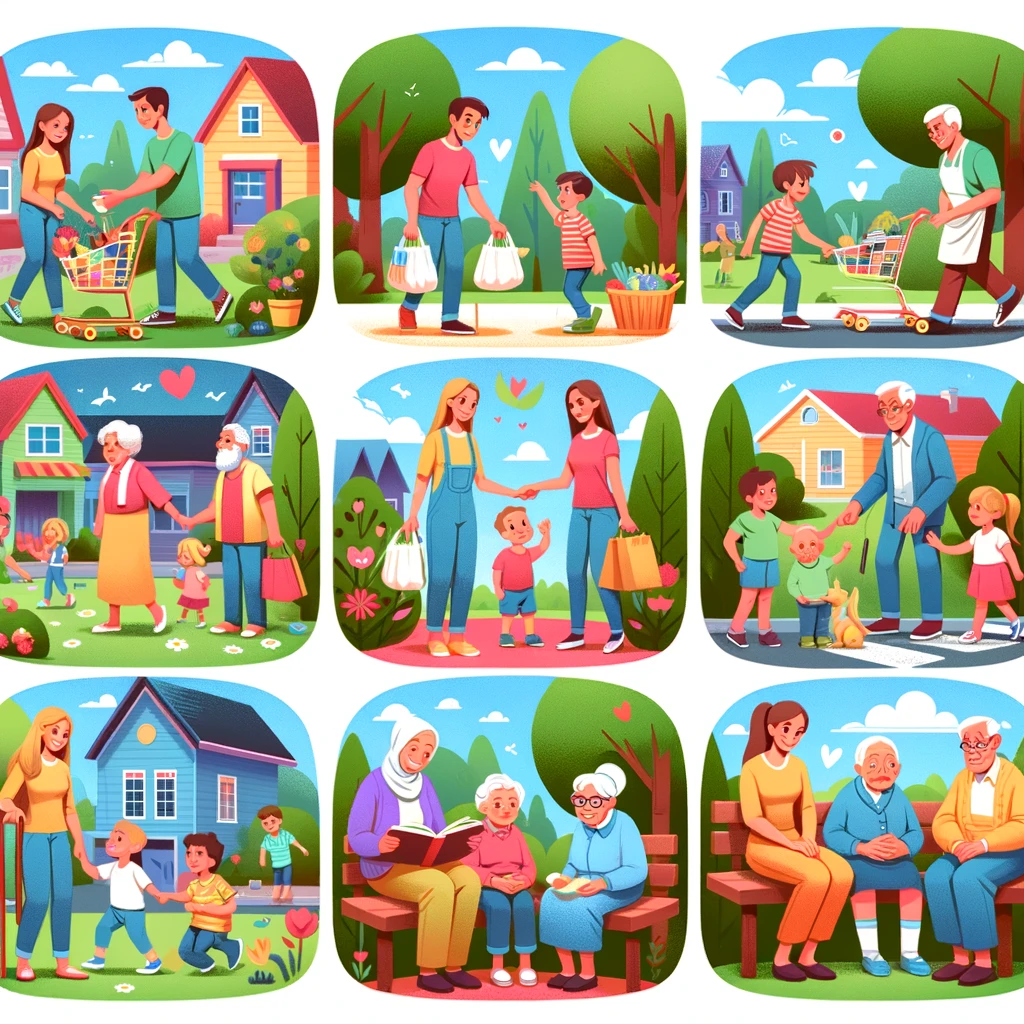Supporting the elderly in our communities is essential for fostering a compassionate and inclusive society. With the aging population growing, it’s more important than ever to ensure that our senior citizens feel valued and cared for. Here are some effective ways we can all contribute to improving the lives of the elderly in our neighborhoods.
1. Volunteer Your Time
Many organizations rely on volunteers to help with their services for seniors. Consider volunteering at local senior centers, nursing homes, or through community programs that focus on assisting the elderly. Activities can range from helping with meals and transportation to simply spending time chatting and playing games.
2. Educate Yourself and Others
Understanding the challenges faced by the elderly is crucial in helping effectively. Educate yourself and others about the common issues seniors face, such as health problems, loneliness, and mobility issues. This awareness can foster greater empathy and action within the community.
3. Check-In Regularly
Loneliness can be a significant problem for many seniors, especially those who live alone. Regular check-ins can make a big difference. A simple phone call, a visit, or even a letter can brighten an elderly person’s day and make them feel connected to the community.
4. Assist with Technology
In today’s digital world, many seniors feel left behind. Offering to help an elderly neighbor set up a smartphone, use a computer, or connect on social media can help them stay in touch with family and friends and access essential services.

5. Organize Social Activities
Social interactions are vital for mental health. Organize or participate in events and activities that include the elderly. Book clubs, craft sessions, dance classes, and group walks are great ways to get seniors out of the house and engaged with others.
6. Support Caregivers
Supporting caregivers indirectly helps the elderly. Whether it’s offering some respite by spending time with their elderly relatives or assisting with chores, your help can lighten the load for overburdened caregivers.
7. Advocate for Senior Rights
Advocate for policies and services that support the elderly, such as healthcare, transportation, and public safety. Stay informed about local politics and participate in discussions that affect the well-being of seniors in your community.
8. Teach Skills or Share Knowledge
Many seniors enjoy learning new things. Share your skills and knowledge by teaching a class or workshop. Whether it’s cooking, gardening, knitting, or using new technology, these activities can provide valuable skills and a sense of accomplishment.
9. Help with Daily Tasks
Simple tasks like grocery shopping, yard work, or home maintenance can be challenging for some seniors. Offering your help can make their daily lives much easier and safer.
10. Listen and Learn
Sometimes, the best way to help is just to listen. Many seniors have fascinating stories and experiences to share. Spending time listening to their stories can provide them with a sense of value and preserve important history.
Helping the elderly in our communities doesn’t require grand gestures. Small acts of kindness and support can significantly enhance their quality of life. By integrating these practices into our daily lives, we can create a supportive and inclusive environment for the senior members of our communities.
